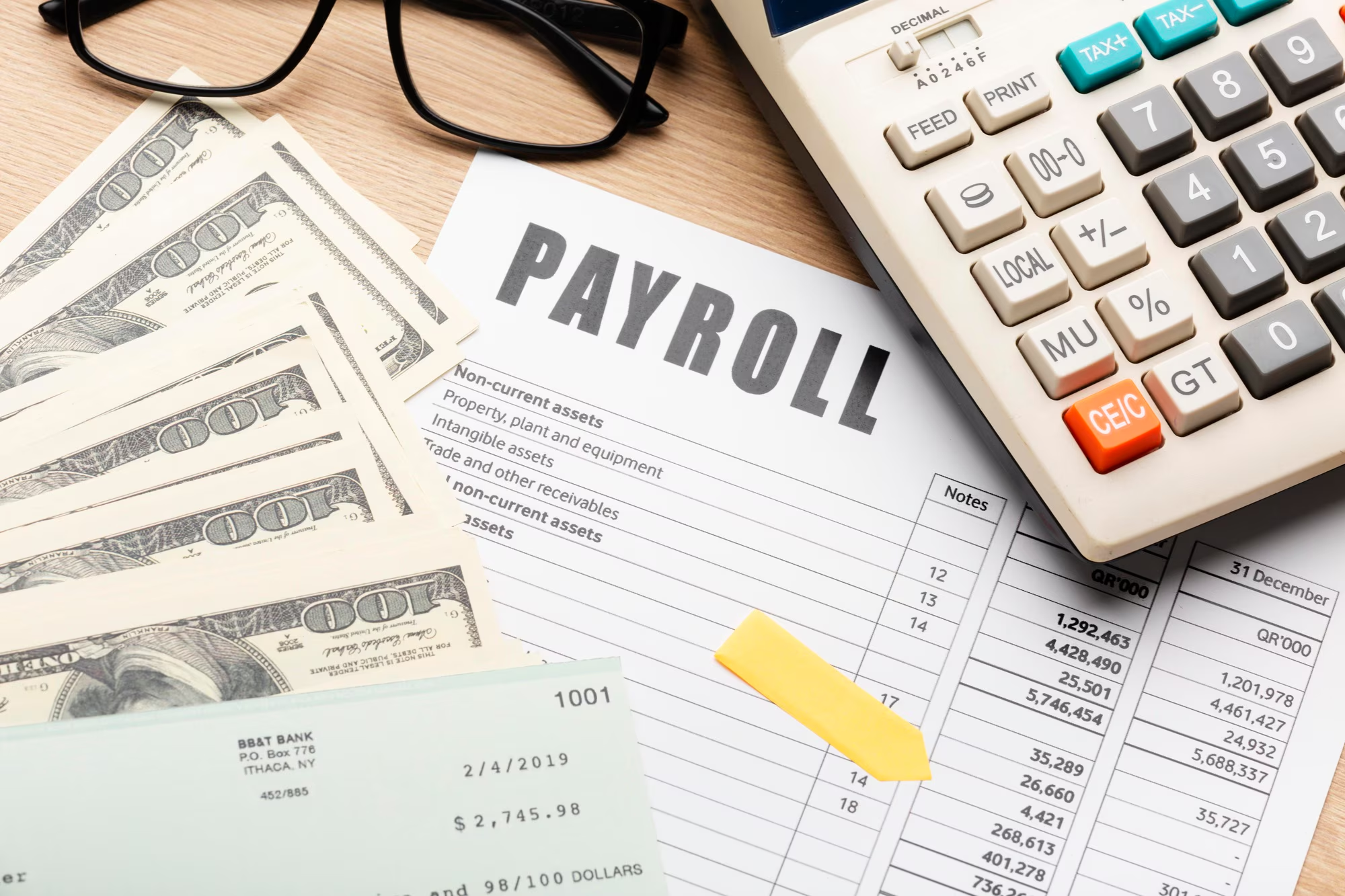Why Do You Need a Pay Stub? Beginner’s Guide
Introduction to Pay Stubs
A pay stub is more than just a record of your paycheck. For many beginners entering the workforce, the question often arises: why do you need a pay stub? The answer lies in its many uses. A pay stub serves as proof of income, helps track taxes and deductions, supports loan or rental applications, and ensures transparency between employer and employee. Whether you’re new to the job market, running a business, or managing freelancers, understanding the importance of pay stubs can simplify financial management. For a quick start, see our Complete Pay Stubs Guide.
What Is a Pay Stub?
A pay stub is a detailed breakdown of an employee’s earnings and deductions for a specific pay period. It typically includes:
- Gross pay – Total earnings before deductions
- Deductions – Federal and state taxes, health insurance, retirement contributions
- Net pay – Final take-home pay
- Year-to-date totals – Running totals of earnings and withholdings
Employers provide pay stubs with each paycheck, either on paper or through digital payroll portals. For self-employed individuals or contractors, generating accurate stubs with a pay stub generator or using a Regular Pay Stub template ensures proper records for taxes and audits.
Why Do You Need a Pay Stub?
Many employees ask: why do you need a pay stub? Here’s why it’s essential:
1. Proof of Income
Pay stubs verify your earnings. Banks, landlords, and government agencies often request them when applying for loans, renting apartments, or seeking financial assistance. Without pay stubs, proving consistent income can be difficult.
2. Tax Filing and Accuracy
Pay stubs track taxable earnings and withholdings. During tax season, these records allow you to cross-check W-2 forms, avoid errors, and claim deductions properly.
3. Employment Verification
Third parties may request pay stubs to confirm your employment. This is common when applying for financial aid, government programs, or immigration benefits. Using accurate stubs from a pay stub generator ensures credibility.
4. Tracking Deductions
Pay stubs list deductions such as retirement savings, health insurance premiums, and wage garnishments. Reviewing these deductions answers the question: why do you need a pay stub?—it ensures payroll accuracy and that benefits are applied correctly.
5. Budgeting and Planning
Regularly reviewing pay stubs helps employees plan budgets around net pay. Understanding your take-home pay allows better allocation for savings, bills, and other expenses.
Uses of Pay Stubs for Employers
Employers also benefit from accurate pay stubs. They help with:
- Payroll audits and compliance with labor laws
- Transparency in deductions and contributions
- Resolving pay disputes
- Tracking benefits and retirement contributions
Small businesses can generate professional regular pay stubs to build employee trust and maintain records for audits.
Legal Requirements for Pay Stubs
State laws vary. Examples include:
- California & New York: Require detailed, itemized pay stubs.
- Texas: Pay stubs are not mandatory but are commonly provided.
- Illinois: Requires either written or electronic wage statements.
Knowing your state requirements answers part of why do you need a pay stub—to ensure your rights and accurate documentation are protected.
How to Get a Pay Stub
If your employer doesn’t issue pay stubs automatically, request them from HR or payroll. Freelancers and contractors can generate their own using a secure Pay Stub Generator. Professional templates guarantee formatting standards and official usability.
Common Mistakes Employees Make
- Not reviewing deductions for accuracy
- Confusing gross and net pay
- Failing to keep records for taxes or loans
- Ignoring year-to-date totals
See our Common Pay Stub Errors guide to avoid these mistakes.
Best Practices for Managing Pay Stubs
- Store digital copies securely in the cloud
- Review every stub for correct deductions
- Organize stubs by year for tax prep
- Shred paper stubs to protect sensitive information
- Use official generators or templates for consistency
Conclusion
So, why do you need a pay stub? Because it ensures financial transparency, accurate payroll tracking, and proof of income. Whether received from HR, generated using a Pay Stub Generator, or created with a Regular Pay Stub, maintaining accurate records protects your finances and simplifies tax preparation. Learn more about payroll management on our blog.

